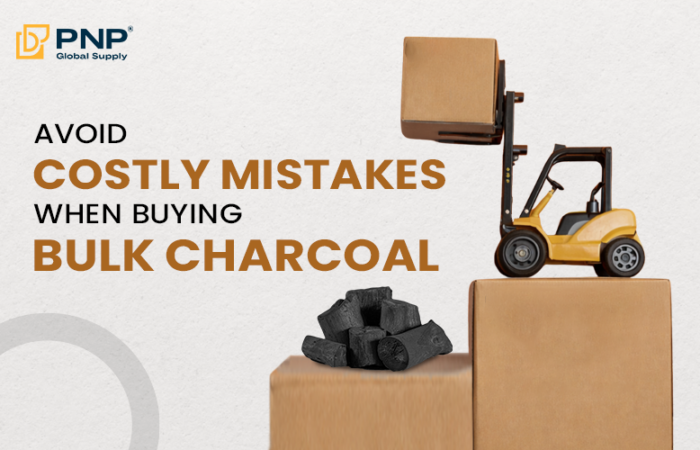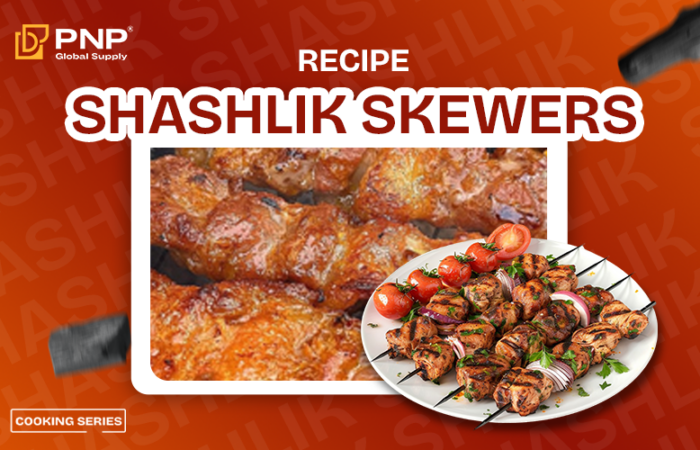Hardwood Charcoal vs. Softwood Charcoal has long been a trusted source of energy for a wide range of applications, including cooking, heating, and industrial processes. Among the many types of charcoal, Hardwood Charcoal and Softwood Charcoal often stand out as the most popular options. While both are reliable fuel sources, understanding their unique characteristics and differences is crucial for choosing the right one for your specific needs. Should you choose Hardwood Charcoal, known for its superior density and heat output, or Softwood Charcoal, valued for its quick ignition and affordability? This article delves into their origins, properties, and ideal uses to guide you in making the best choice.
What is Hardwood Charcoal?
Origin:
Hardwood Charcoal is produced from dense, slow-growing hardwood trees such as oak, hickory, eucalyptus, mahogany, or mangrove. These woods are highly durable, with a robust structure that translates into charcoal with superior quality. Hardwood trees take years, sometimes decades, to mature, which contributes to their scarcity and premium value.

Characteristics:
- High Density: Hardwood Charcoal is denser and heavier, thanks to the compact cellular structure of hardwood trees. This high density results in a charcoal that contains more carbon, a key factor in its performance.
- Long Burn Time: The dense nature of Hardwood Charcoal allows it to burn for extended periods, providing consistent heat that is ideal for prolonged cooking or industrial use.
- High Heat Output: Hardwood Charcoal is renowned for its intense heat production, making it the preferred choice for tasks requiring high temperatures, such as grilling or metal forging.
- Clean Burning: This type of charcoal burns cleanly with minimal ash production and emits very little smoke, preserving the natural flavors of food during cooking.
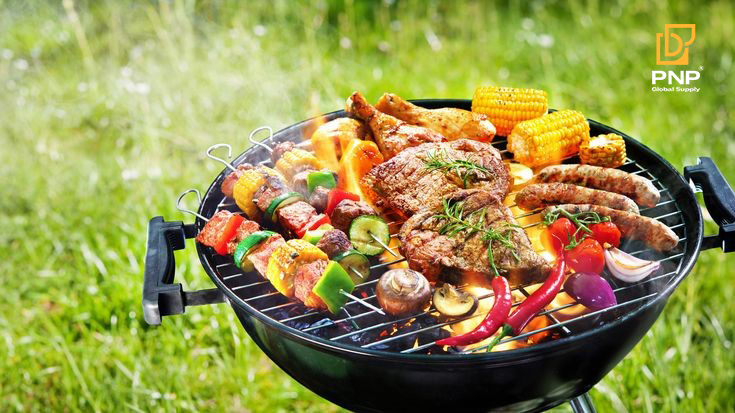
Applications:
- Premium BBQs: Hardwood Charcoal is a favorite among professionals and enthusiasts for grilling high-quality meats and other dishes.
- Industrial Uses: It is often utilized in industries requiring high heat, such as steel production and metal forging.
- Specialty Cooking: From gourmet dishes to large-scale events, Hardwood Charcoal’s reliability and heat consistency make it indispensable.
What is Softwood Charcoal?
Origin
Softwood charcoal is a type of charcoal that is derived from softwood trees, which are known for their fast-growing and lighter wood. Softwood charcoal is typically produced through a process of carbonization, where wood is heated in the absence of oxygen to remove moisture, volatile compounds, and impurities, leaving behind carbon-rich charcoal.
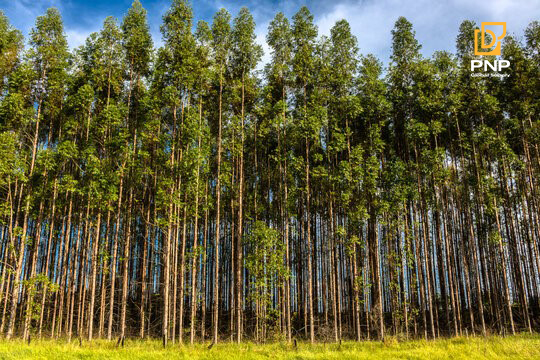
Characteristics
- Lightweight: Softwood Charcoal is significantly lighter than Hardwood Charcoal due to the less dense structure of softwood trees. This makes it easier to handle, transport, and store.
- Short Burn Time: While it ignites quickly, Softwood Charcoal burns out faster, making it suitable for tasks that do not require extended heating periods.
- Moderate Heat Output: The heat produced by Softwood Charcoal is adequate for basic cooking and heating but falls short for high-temperature requirements.
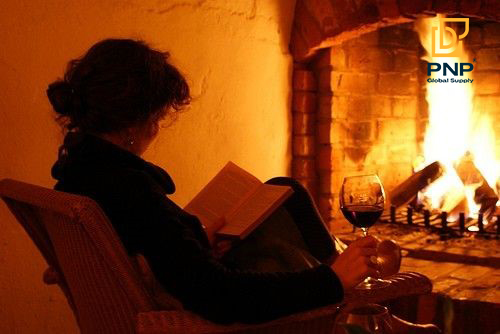
Applications:
- Everyday Cooking: Perfect for quick, simple meals that don’t require prolonged heat.
- Heating: Often used in fireplaces or small heaters to provide warmth during colder months.
- Budget-Friendly Grilling: Ideal for casual outdoor events or when cost-efficiency is a priority.
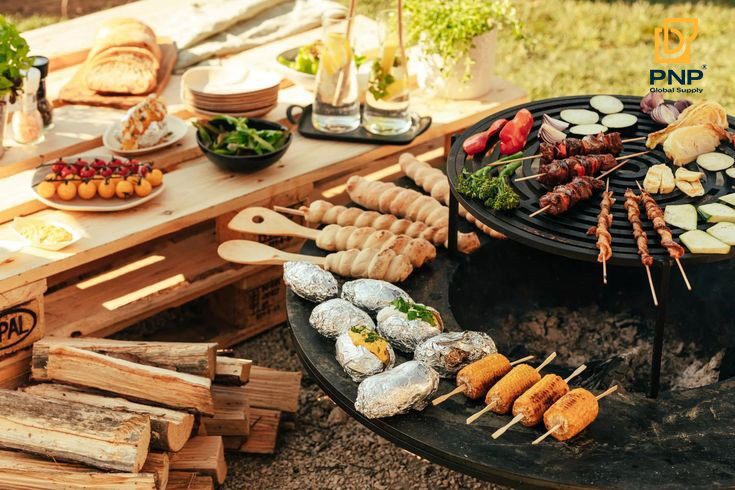
Detailed Comparison: Hardwood Charcoal vs. Softwood Charcoal
Burn Time
- Hardwood Charcoal:
Hardwood Charcoal is renowned for its superior burn time, attributed to the density and compact structure of hardwood materials. When burned, it offers a consistent and extended heat output, making it the go-to choice for applications requiring prolonged cooking or heating. This feature is especially valued in professional grilling, smoking meats, or industrial processes like metal forging, where steady and long-lasting heat is essential. For instance, a single batch of hardwood charcoal can last several hours, reducing the need for frequent refueling and increasing overall efficiency.
- Softwood Charcoal:
Softwood Charcoal, on the other hand, burns more quickly due to its lighter, less dense structure. This makes it ideal for scenarios where quick heating is needed, such as igniting a fire quickly for outdoor grilling or campfires. While it lacks the longevity of hardwood charcoal, it is a convenient option for casual or short-term applications. However, its rapid consumption means more frequent refueling, which may not be practical for extended tasks.
Heat Output
- Hardwood Charcoal:
One of the most notable advantages of Hardwood Charcoal is its ability to produce exceptionally high temperatures. This quality is particularly appreciated by professional chefs and barbecue enthusiasts who require intense, searing heat for techniques like steak grilling or preparing gourmet dishes. Additionally, the stable and powerful heat output makes it indispensable in industrial applications, such as blacksmithing or glassmaking, where a consistent and high-temperature flame is non-negotiable.
- Softwood Charcoal:
Softwood Charcoal delivers a moderate heat output, which is sufficient for everyday grilling or recreational use but falls short for tasks demanding higher temperature precision. The heat tends to be less consistent and diminishes faster than that of hardwood charcoal. While this might suffice for simple barbecues or heating tasks, it is not suitable for professional or specialized culinary uses.
Durability and Cost
- Hardwood Charcoal:
The durability of Hardwood Charcoal is a direct result of the hardwoods themselves, this durability translates to longer burn times and greater fuel efficiency. However, these benefits come at a cost. Hardwood trees take years, even decades, to mature, making them less abundant and driving up production costs. Consequently, Hardwood Charcoal is often more expensive, but its longevity and performance justify the higher price for professional or intensive use.
- Softwood Charcoal:
Softwood Charcoal is a more economical option, this ease of production keeps the costs low, making it an attractive choice for budget-conscious users or those with less demanding needs. While it lacks the longevity and heat output of hardwood charcoal, its affordability and availability make it a practical option for casual or occasional use, such as backyard barbecues or small-scale heating.
For a full range of high-quality charcoal products that cater to all your grilling and heating needs, visit pnpcharcoal all products
Choosing the Right Charcoal for Your Needs
When to Use Hardwood Charcoal:
If you require prolonged burn times and intense heat, Hardwood Charcoal is the ideal choice. It’s perfect for:
- Large BBQ Parties: Provides consistent heat for cooking large quantities of food over an extended period.
- Professional Cooking: Essential for chefs who demand precision and reliability in their heat source.
- Industrial Applications: Suitable for tasks such as metal forging and steel production.
Hardwood Charcoal is highly recommended for:
- Premium BBQ restaurants and catering services.
- Home cooks seeking to elevate their culinary experiences with superior grilling quality.
When to Use Softwood Charcoal:
For quick and economical solutions, Softwood Charcoal is the better option. It’s ideal for:
- Daily Cooking: Efficient for preparing simple meals in a short time.
- Outdoor Grilling: Great for casual gatherings or picnics where cost-effectiveness and convenience are priorities.
- Heating: Perfect for fireplaces and heaters during cold seasons.
Conclusion
Both Hardwood Charcoal and Softwood Charcoal have their own unique advantages, catering to different needs and preferences. When choosing between the two, consider your specific requirements to find the best fit for your needs. Whether you’re hosting a BBQ party, running a professional kitchen, or simply heating your home, the right charcoal can make all the difference.
For high-quality Hardwood Charcoal or Softwood Charcoal, turn to trusted suppliers. Contact pnpcharcoal for expert advice, competitive pricing, and a wide range of charcoal products tailored to your needs. Elevate your grilling and heating experience today!
________________________________
Contact us for more information
Facebook: PNP Charcoal
Instagram: PNP Charcoal
Email: info@pnpglobalsupply.com

